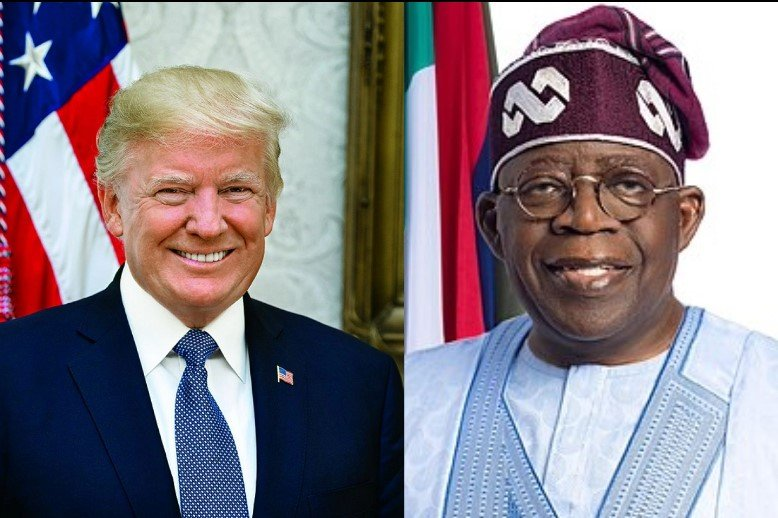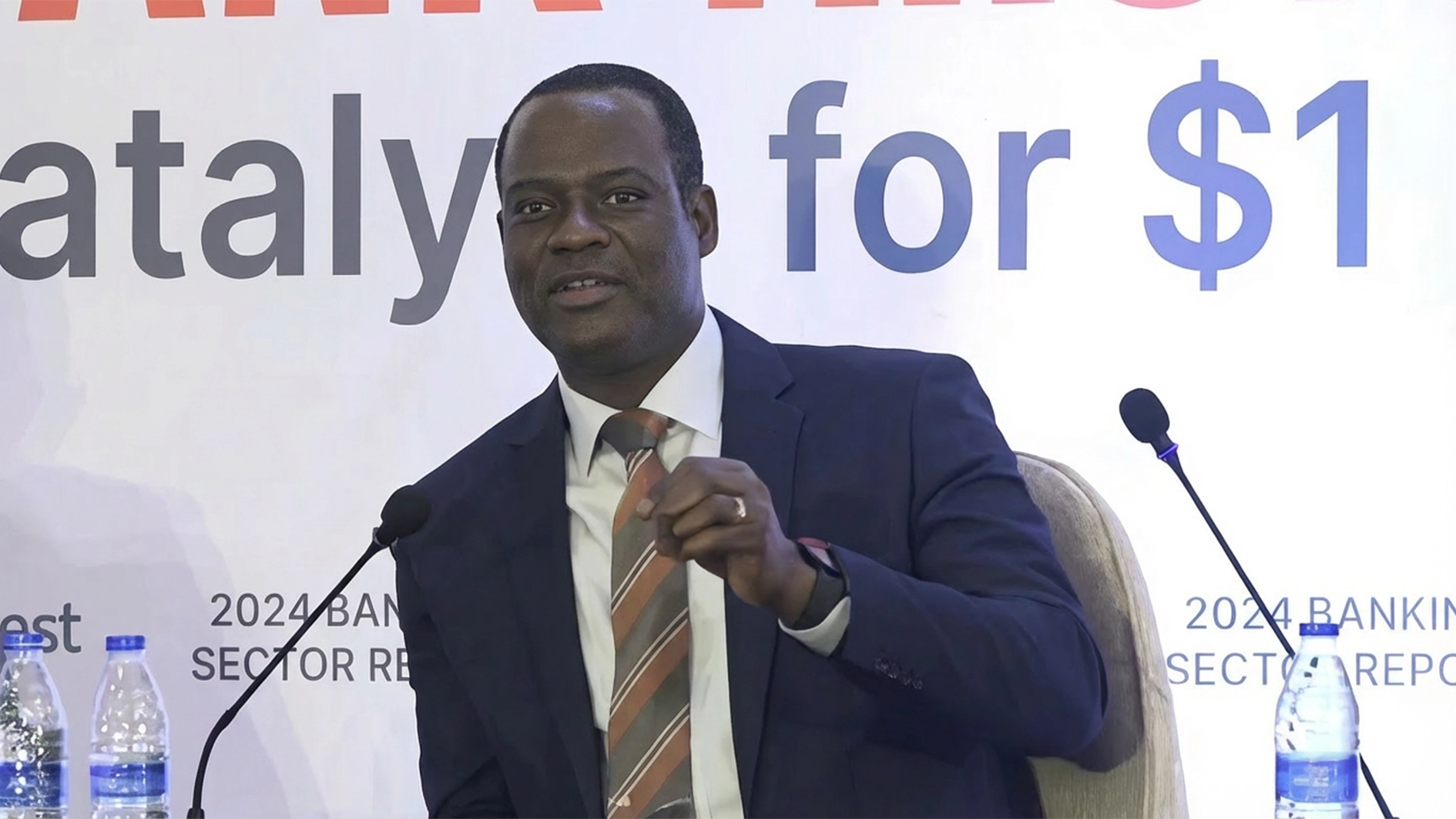NewGlobe, Africa’s foremost education technology partner, has reaffirmed its commitment to supporting state-led transformation in Nigeria’s basic education sector. The company’s Vice President for Policy and Partnerships, Mrs. Ifeyinwa Ugochukwu, made this known at the 2025 State-Level Workshop on Foundational Learning and Out-of-School Children, held in Abuja. The event was organised by the Nigeria Governors’ Forum (NGF) in collaboration with NewGlobe.
The workshop came amid growing concern over Nigeria’s foundational learning crisis. According to UNICEF, more than 10 million children remain out of school — the highest globally — while the World Bank reports that three out of four children in school cannot read or understand a simple passage by age 10. Although enrolment rates are rising, millions of pupils still leave school without mastering basic skills.
Discussions at the forum traced the challenge to systemic issues: an undervalued teaching workforce, inconsistent policy execution, limited funding, and a focus on infrastructure at the expense of learning outcomes.
“If we do not act quickly and deliberately, we will be too late for millions of children,” Ugochukwu warned, describing the crisis as “a system-wide emergency.” She added: “The evidence is clear: with the right tools, training, and data, foundational learning outcomes can be transformed at scale. We’re supporting states to build resilient, future-ready education systems that deliver measurable results because Nigeria’s children deserve nothing less than a system that works for every learner.”
NewGlobe presented its model for improving foundational learning through data-driven and technology-enabled interventions. Its approach equips teachers and school leaders with structured lesson plans, digital tools, real-time coaching, and performance dashboards. The model supports public school systems, aligns with national curricula, and ensures instructional quality and accountability.
State-led programmes implemented with NewGlobe’s support — including EKOEXCEL (Lagos), KwaraLEARN (Kwara), BayelsaPRIME (Bayelsa), Edo, and JigawaUNITE (Jigawa) — have shown measurable impact. In Bayelsa, literacy rates improved by 20 percentage points in 19 weeks, with enrolment rising from 25,000 to over 40,000 pupils. In Kwara, foundational skill gaps were halved in less than two years, while Lagos now boasts one of the country’s lowest learning deprivation rates. Independent assessments show that pupils in NewGlobe-supported schools record learning gains up to 53% higher than peers in conventional schools.
Representing Kwara State Governor AbdulRahman AbdulRazaq, NGF Education Advisor Leo The Great stressed that expanding access alone is insufficient. “Access does not equal learning. Many children sit in classrooms but leave unable to read, write, or do basic arithmetic,” he said. “The priority is not more schools, but ensuring every child is truly learning. In 2025, we should have daily visibility into every public school.” He cited improvements in learning delivery across Kwara, Edo, Bayelsa, Lagos, and Jigawa, noting that “Structured pedagogy is working. In such schools, teacher feedback has increased by over 200 percent. That’s real behaviour change.”
UBEC Executive Secretary, Aisha Garba, also addressed the workshop, calling for alignment across all stakeholders. “We are here to work for one client — the Nigerian child,” she said. “Access remains our biggest challenge, and intervention funds must respond to real needs, not just check boxes for classrooms.”
“Our mission is clear,” said Ugochukwu. “We aim to bridge foundational learning gaps and build future-ready education systems that truly serve Nigeria’s children. We are proud of the progress so far, but the need is national. We are ready to support more states committed to transforming learning outcomes, because the future of our young people depends on the quality of education they receive today.”
NewGlobe’s evidence-backed, science-based approach centres on strengthening public education from within. By working closely with state governments, the Federal Government of Nigeria, and UBEC, the organisation ensures alignment with national priorities while supporting scalable, sustainable reforms.
As Nigeria confronts the twin challenges of learning poverty and an expanding population of out-of-school children, the Abuja workshop reaffirmed that systemic change is both possible and already in motion. With continued collaboration, political will, and proven tools, the country could be on the path to ensuring every child is not just in school, but truly learning.






